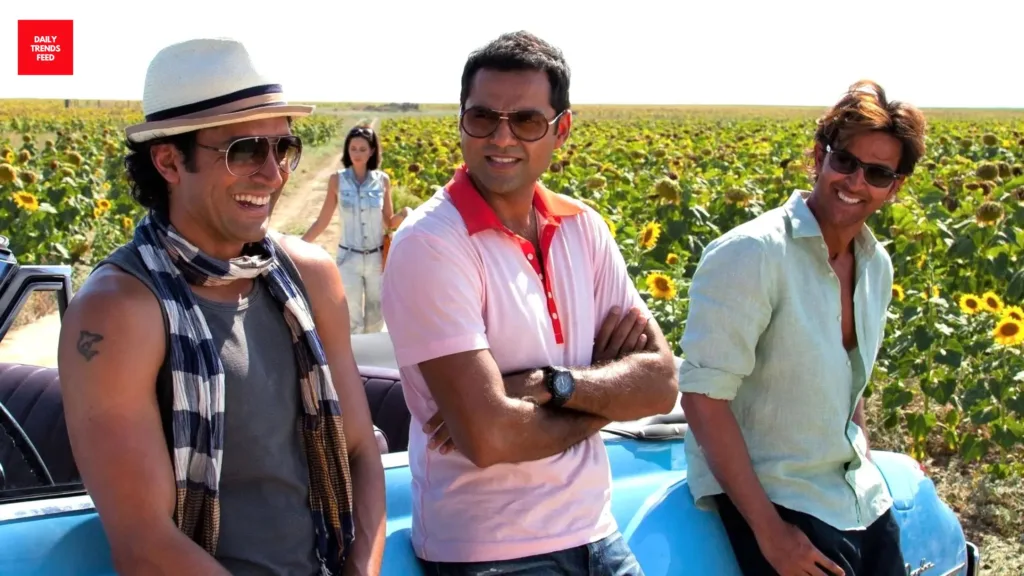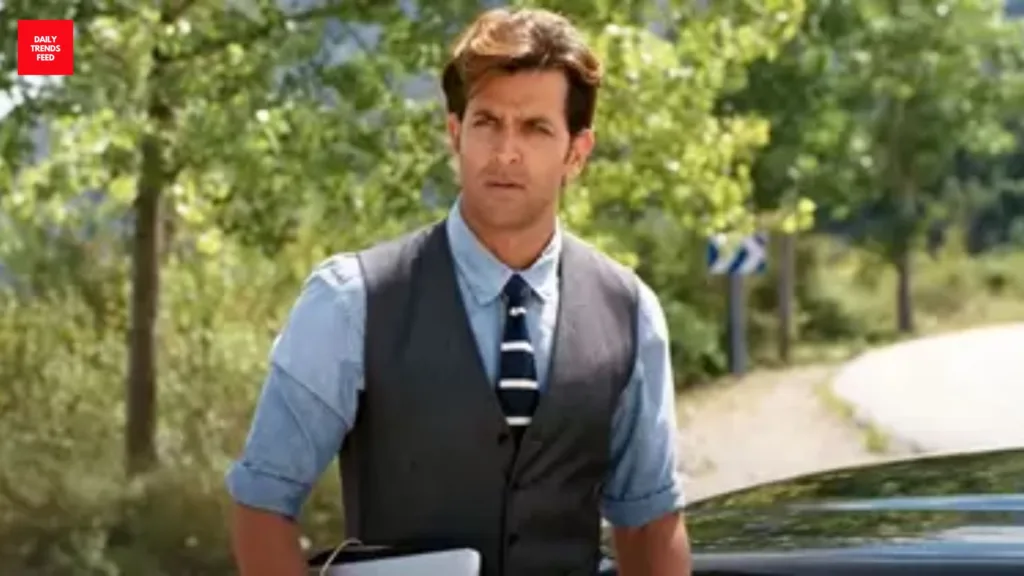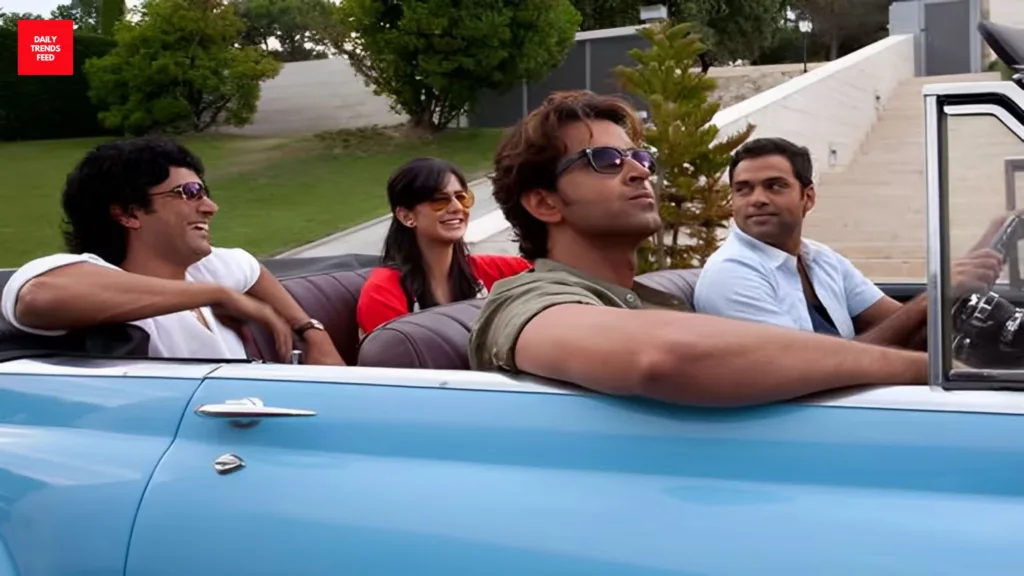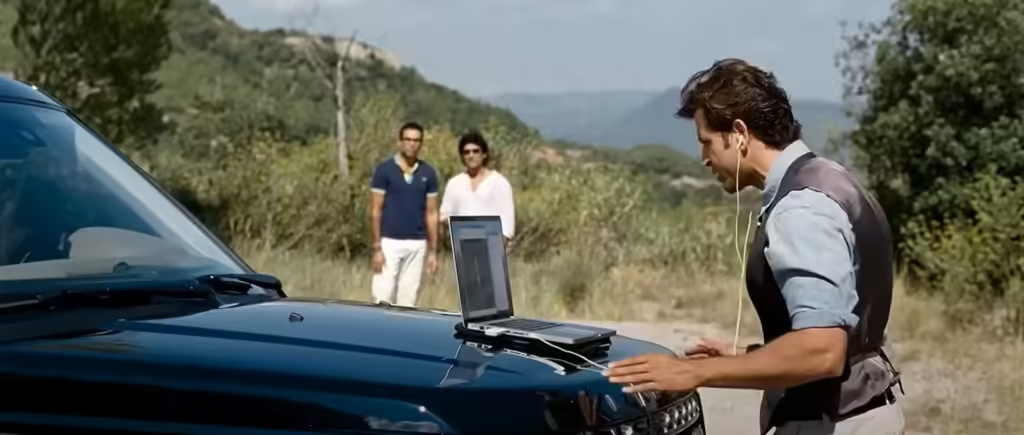
We’re talking about ‘Zindagi Na Milegi Dobara’ (ZNMD), a Bollywood flick that’s more than just a movie—it’s a journey of friendship, adventure, and self-discovery.
Directed by the talented Zoya Akhtar and released in 2011, this film takes us through themes like love and the importance of travel in finding ourselves.
The Zindagi Na Milegi Dobara Dialogues aren’t your run-of-the-mill lines; they’re like little nuggets of wisdom that hit you right in the feels.
They’re all about embracing life’s ups and downs, facing your fears head-on, and coming out stronger on the other side.
It’s like a gentle nudge to step out of your comfort zone and live life to the fullest.
Zindagi Na Milegi Dobara Dialogues
Embracing the Journey of Self-Discovery
At its core, ‘Zindagi Na Milegi Dobara’ revolves around three friends – Kabir, Imran, and Arjun – who embark on a road trip across Spain before Kabir’s impending wedding.

Each character represents a unique facet of the human psyche, and their journey together becomes a metaphor for self-discovery.
The dialogues in the film are instrumental in unraveling this theme.
“Dilon mein tum apni betabiyan leke chal rahe ho, toh zinda ho tum!”
This dialogue, delivered by Imran (played by Farhan Akhtar), encapsulates the essence of living life with passion and purpose.
It emphasizes the importance of embracing one’s desires and aspirations to truly experience life.
“Apne kaam ko apni life ke saath confuse mat karo. Tumhara kaam tumhari life nahi, sirf uska ek hissa hai.”
This dialogue from Kabir (played by Abhay Deol) encapsulates a crucial life lesson: separating our identity from our work.

It reminds us that our profession is only one aspect of our life, not our entire existence.
We should strive for a balance that allows us to prioritize our well-being, relationships, and personal growth alongside our careers.
“Seize the day my friend. Pehle is din ko puri tarah jiyo, phir 40 ke bare me sochna.”
Imran’s (played by Farhan Akhtar) words urge us to embrace the present moment fully.
Instead of worrying about the future or getting caught up in regrets, he encourages us to live each day to its fullest potential.

This dialogue underscores the importance of mindfulness and seizing opportunities for joy and fulfillment in the here and now.
“Jab jab dard ka baadal chaaya, Jab gham ka saaya lehraya,
Jab aasoon palkon tak aaya, Jab yeh tanha dil ghabraaya, Humne dil ko yeh samjhaaya, Dil aakhir tu kyun rota hai…,
Duniya mein yunhi hota hai…
Yeh joh gehre sannate hai, Waqt ne sabko hi baante hai…
Thoda gham hai sabka qissa, Thodi dhoop hai sabka hissa…
Aankh teri bekaar hi namm hai, Har pal ek naya mausam hai…
Kyun tu aise pal khota hai, Dil aakhir tu kyun rota hai.”
This poetic expression by Imran reflects on life’s inevitable ups and downs.
It acknowledges that sadness and solitude are part of everyone’s journey, but they are interwoven with joy and sunshine.

The dialogue beautifully encapsulates the ebb and flow of human emotions and the transient nature of life’s challenges.
“Yaar duniya mein kahin bhi chale jao log ek jaise hi hote hain. It’s just human nature.”
Imran’s observation about human nature highlights the universality of human experiences and emotions.
No matter where we go, people share similar aspirations, fears, and dreams.
This dialogue reminds us of our interconnectedness and the importance of empathy and understanding in our interactions with others.
“Insaan ka kartavya hota hai koshish karna. Kaamyabi, nakaamyabi sab uske haath mein hai.”
This insightful line underscores the significance of effort and perseverance in human endeavors.
It emphasizes that success or failure ultimately depends on our actions and determination.
The dialogue encourages us to embrace challenges and strive for our goals with unwavering dedication.
“Apne andar chhupe dar ko mitana chahte ho na? Toh ye raha hum sabka sabse bada darr – Maut. Let’s face it.”
Imran’s candid acknowledgment of the fear of death encourages us to confront our deepest anxieties.
By acknowledging and accepting our fears, we can liberate ourselves from their grip and live more courageously and authentically.
“Aur kitni Baar sorry bolna padega?
Jab tak yahan (dil) se na nikle na, tab tak.”
This dialogue emphasizes the importance of genuine remorse and heartfelt apologies.
It reminds us that saying sorry isn’t merely a formality but a reflection of genuine remorse and a desire to mend relationships.
True reconciliation requires sincerity and a willingness to acknowledge our mistakes from the depths of our hearts.

These dialogues from ‘Zindagi Na Milegi Dobara’ aren’t just lines—they’re reminders to live authentically, embrace challenges, and cherish the people.
So, as we navigate our own adventures, let’s draw inspiration from these timeless Bollywood gems and live life with purpose, and passion.
Because, in the end, it’s all about making the most of our ‘Zindagi’ (life), right?
Lead Image: Excel Entertainment
Also Read:
12th Fail Dialogues: Vikrant Massey’s Stirring Quotes Define The Inspiring Path To Victory!
Kho Gaye Hum Kahan Dialogues: 11 Must-Read Quotes That Show Digital Dilemmas Of GenZ!
